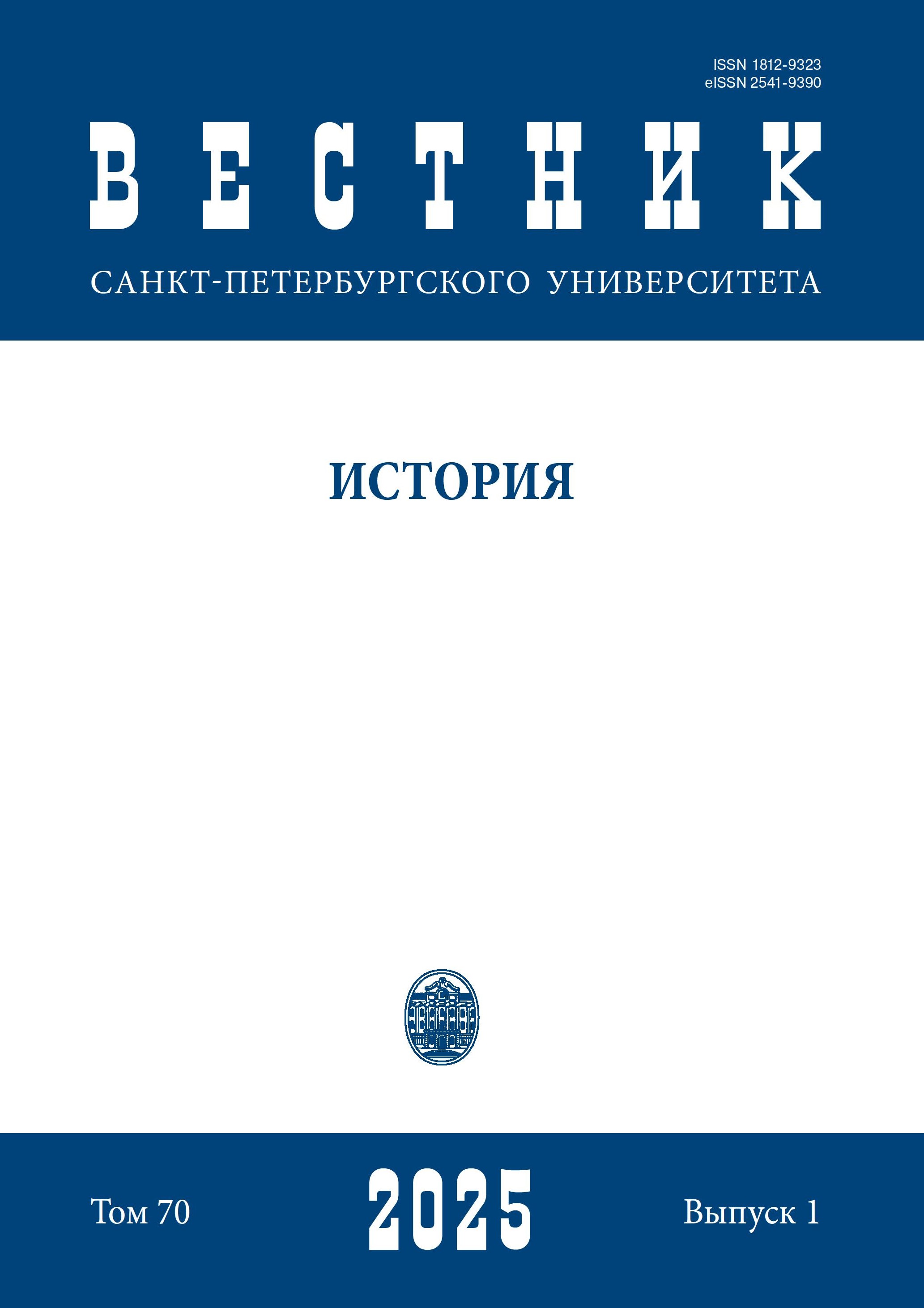The Ideological Legacy of Michael Speransky and the Problems of Maritime Legislation
DOI:
https://doi.org/10.21638/spbu02.2025.105Abstract
The article is devoted to the project of creating a Digest of Maritime Laws, developed in 1833 in the maritime department and the influence of the experience of Michael Speransky on its key characteristics. Based on archival materials from the Russian State Archive of the Navy and the Manuscripts Department of the Russian National Library, a project for systematization of maritime legislation was investigated, which appeared as an attempt to streamline disparate maritime laws and create a Digest of laws similar to that developed with mid-1820s at the War Ministry. Based on the analysis of the documents of the plan of naval code of 1833, it is shown how the concept of systematization of laws proposed by Michael Speransky was adapted to the realities and characteristics of the navy. In the article the project to create a Digest of Maritime Laws is considered in the context of maritime management reforms initiated by Nicholas I himself and carried out under the leadership of Prince Alexandre Menshikov. These reforms were aimed at overcoming the management crisis in the fleet and corruption. From this point of view, the attempt to streamline laws can be interpreted as an integral part of these transformations, generally aimed at strengthening the presence of supreme power in the fleet. However, unlike the military code, the draft Digest of Maritime Laws of 1833 remained unrealized. The article describes the reasons for the failure of the first real attempt to systematize maritime laws and its place in the history of maritime codification in the 19th century.
Keywords:
Nicholas I, M. M. Speransky, A. S. Menshikov, fleet, reforms, systematization
Downloads
References
Downloads
Published
How to Cite
Issue
Section
License
Articles of "Vestnik of Saint Petersburg University. History" are open access distributed under the terms of the License Agreement with Saint Petersburg State University, which permits to the authors unrestricted distribution and self-archiving free of charge.





